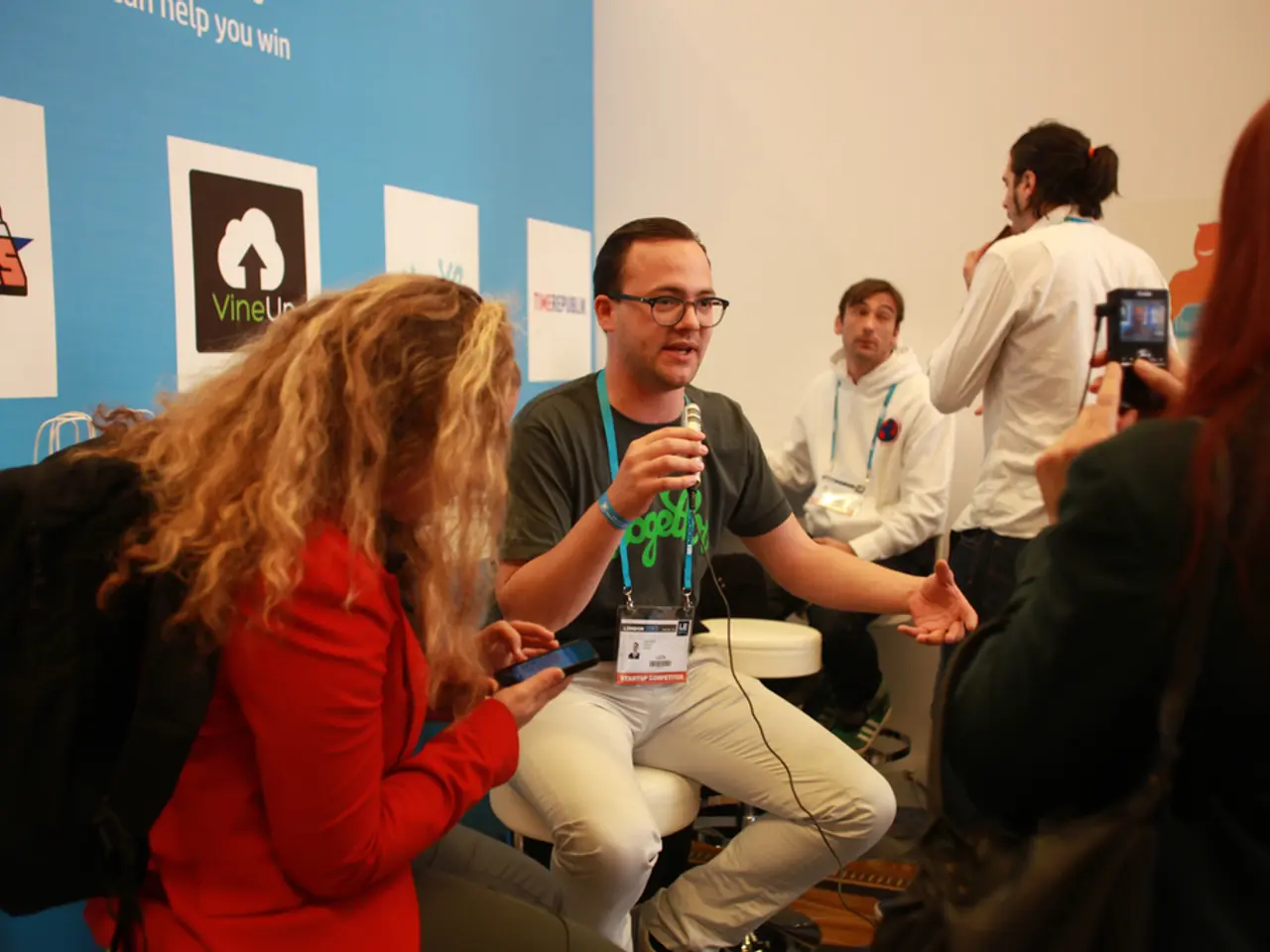Social Media Impact on Employee Recruitment and Job Seeker Prospects
### Transforming Recruitment: The Power of Social Media
In today's digital age, social media has become an integral part of the recruitment process, shaping how candidates are identified, engaged, and evaluated. This transformation is beneficial for both job seekers and employers, providing opportunities for expanded reach, improved engagement, and the building of authentic professional brands.
#### The Impact on Employers
Employers are leveraging social media platforms such as LinkedIn, Facebook, Instagram, Twitter, and even TikTok to share job postings, promote employer branding, and engage with both active and passive candidates. This dynamic, interactive communication offers access to a wider talent pool, including those who may not be actively job hunting but can be attracted through brand engagement.
A strong employer brand, built through consistent sharing of company culture, employee testimonials, and workplace experiences, helps attract job seekers even before roles are advertised. Advanced ad targeting and filters on social platforms enable recruiters to zoom in on specific demographics, skills, or industries, improving the efficiency and quality of candidate sourcing.
Social media enables more transparent, responsive, and interactive communication with candidates, improving their overall experience and thereby enhancing the employer’s reputation. Companies are also creatively engaging candidates through puzzles, webinars, and online challenges, which serve to position the company positively in candidates’ minds.
#### The Impact on Job Seekers
For job seekers, their online presence acts as a digital resume and first impression for recruiters. Maintaining a professional, consistent, and engaging online presence can help job seekers be noticed in competitive talent pools. Engaging with relevant professional groups, sharing insights, and showcasing skills on platforms like LinkedIn increases visibility and networking opportunities.
Job seekers should ensure their profiles are up to date, complete with a catchy headline and relevant skills. They can use social media relevant to the industry they are targeting, and can leverage Instagram Stories to display snippets of their work or projects to garner attention. However, sharing sensitive material on public profiles may be an issue for potential employers.
#### Best Strategies for Managing Online Presence
To maximize opportunities, job seekers can optimize their profiles for professionalism, engage actively and authentically, showcase soft skills and culture fit, and clean up unprofessional content. Employers, on the other hand, can promote employer brand consistency, leverage employee advocacy, engage candidates proactively, and utilise platform-specific approaches.
Employers should tailor content and engagement style according to platform dynamics. For instance, LinkedIn is best for professional networking, direct sourcing, and industry content, while Instagram is suitable for showcasing culture and engaging younger demographics through visuals.
Both job seekers and employers should streamline the candidate and applicant experience, maintaining transparent communication, regular updates, and using chatbots to guide applicants, enhancing the perception of the employer brand.
In conclusion, social media transforms recruitment into a dynamic, interactive process, benefiting both employers and candidates by expanding reach, improving engagement, and building authentic professional brands. Job seekers can maximize opportunities by curating a professional and engaging online presence, while employers can attract and retain top talent through targeted, platform-specific strategies that emphasize culture and proactive communication.
- For job seekers, a strong online presence on social media platforms like LinkedIn, Instagram, and Twitter can help build an authentic professional brand and increase visibility, crucial factors in competitive talent pools.
- Employers are leveraging career-development resources on social media, such as LinkedIn learning and webinars, to raise their education-and-self-development profile and attract skilled candidates.
- Social media enables employers to share finance-related insights, such as industry trends and economic forecasts, showing candidates their commitment to career-development and staying ahead in the business world.
- The entertainment-focused platforms like TikTok offer employers unique opportunities to creatively engage candidates through fun, interactive job-search related content, making the process more enjoyable and engaging.
- Technology is transforming the recruitment landscape, with advances like artificial intelligence and machine learning being used on social media to automate job-search and applicant-screening processes, making them more efficient and effective.




